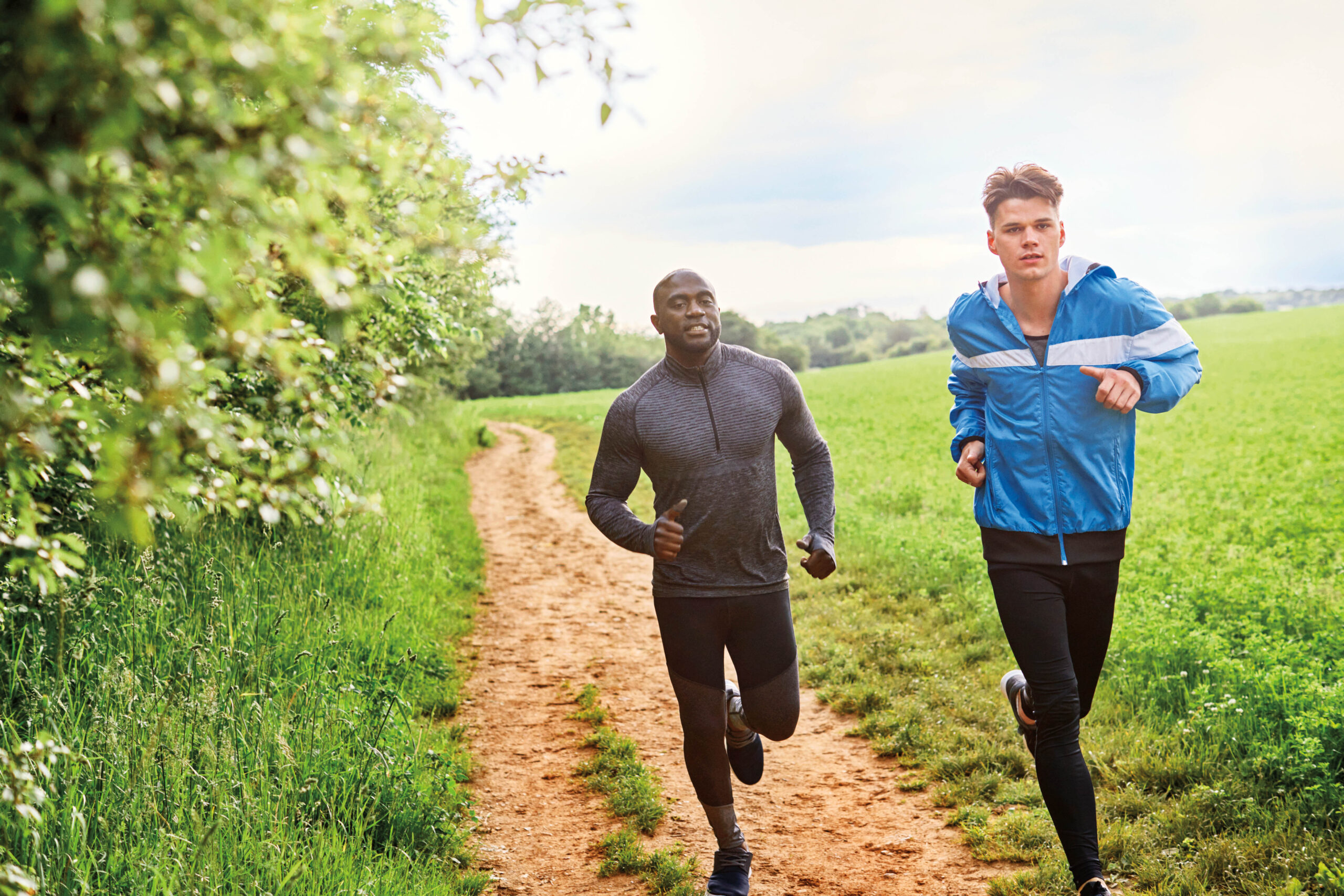Sleep is essential for our overall health. It gives our mind and body time to relax and recharge. Studies show that getting 7 to 8 hours of regular nighttime sleep is best for maintaining good health.1 But what happens when you don’t get a good night’s sleep and find yourself tired during the day? Or you have a lifestyle or work schedule that keeps you up at night and requires daytime sleep?
Enter the nap. Some people are big fans — while others say it’s not for them.
To explain why everyone is different when it comes to sleep, Dennis Hwang, MD, medical director at Kaiser Permanente’s Sleep Center in San Bernardino County, California, shares tips on when to try napping or other relaxation techniques.
Tips on napping
Before drifting off into a daytime dreamland, there are a few important things to consider.
- Know if napping is right for you — “Every person is different. If someone finds that the occasional nap helps them feel better, then napping might work for that person,” explains Dr. Hwang. “But if someone has a sleep disorder like insomnia, I advise they try to avoid naps so they can sleep better at night.”
- Time it halfway through your day — If you’re going to nap, it’s a good idea to plan it for halfway through your day, between the time you wake up and the time you usually go to bed. If you wake up at 6 a.m. and plan to go to bed at 10 p.m., your halfway point is 2 p.m. Napping any later in the day could disrupt your ability to fall asleep at night. “Because of our circadian rhythms, our brain naturally has a dip in energy and performance around 2 to 3 p.m.,” says Dr. Hwang. “So, this is a good time for a short nap, if you need one.” Also, keep in mind that if this time falls during your regular work hours, you may want to plan your breaks and lunch hour so it makes sense for your schedule.
- Create a calm space — Just as you might prepare for better sleep at night, you can try the same habits for a midday nap. A cooler room can help you fall asleep. Or listening to soothing music can help with relaxation. There are many calming techniques and guided activities you can try for better sleep.
- Set an alarm for a short period — How long you snooze makes a difference in how you feel when you wake up. “To avoid entering a deep sleep, set an alarm for 20 minutes. However, up to 30 minutes is fine,” says Dr. Hwang.
From cultural traditions to the coffee nap
Because napping is different for everyone, you can see what works for you. “Taking midafternoon breaks or naps is common in many cultures — including Spanish, Middle Eastern, and Asian cultures,” explains Dr. Hwang. “But it also depends on your day-to-day life. Cultural traditions, individual sleep habits, or work schedules can vary person to person.”
Looking to boost your energy? Try catching some daytime Z’s with a trend in napping called the “coffee nap” or “nappuccino.” You start by drinking a caffeinated drink like coffee, then take a 20-minute nap. Since the caffeine doesn’t take effect for about 20 to 30 minutes, you’ll wake with an extra energy boost from your short nap about the same time the caffeine kicks in.2 According to Dr. Hwang, something like a coffee nap could make sense for shift workers who need an extra burst of energy. But he warns that the caffeine can last in your system for up to 12 hours, so you want to be careful not to disrupt your regular sleep schedule.
Napping to relieve stress — and other relaxation techniques
There are many reasons why we may feel tired or stressed throughout the day. A recent study showed that during the COVID-19 pandemic, people’s sleep patterns and emotional well-being were negatively impacted — and that daytime napping helped relieve stress and stabilize sleep patterns.3
Knowing that a nap can help our mental state could mean it’s worth a try when you’re feeling stress or anxiety. Dr. Hwang says other relaxation techniques like mindfulness and meditation can also help to calm your mind. “There are benefits to all relaxation practices, you just need to find what works for you.”
1Eric Suni, “How Much Sleep Do We Really Need?” SleepFoundation.org, March 10, 2021.
2Cynthia Sass, MPH, RD, “Coffee Naps Just Might Change Your Life. Here’s Why,” Health.com, January 8, 2020.
3Wenjuan Dai et al., “Maintaining Normal Sleep Patterns, Lifestyles and Emotion During the COVID-19 Pandemic: The Stabilizing Effect of Daytime Napping,” Journal of Sleep Research, January 8, 2021.



